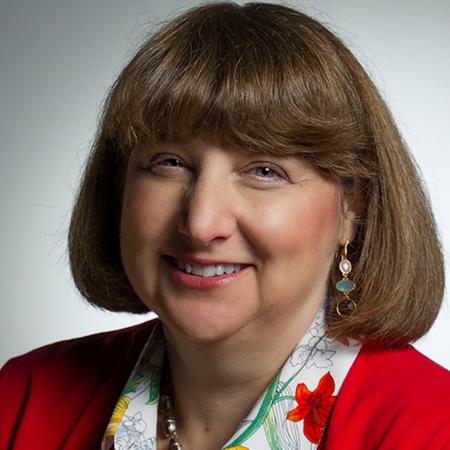Ten Years Into Affordable Care Act, Healthcare Is A Defining Issue in 2020
Healthcare remains a lightning rod for political discussion in 2020. Public option? Single payer? Surprise bills? Detroit Today helps make sense of the terms you can expect to hear.

Public option? Surprise medical bills?
It’s starting to feel a lot like 2009 again, when the nation was absorbed in a debate around the Affordable Care Act. The bill ended up passing — becoming a signature achievement for then-President Barack Obama and a political lightning rod on both the left and right.
Going into the 2020 election, healthcare is still the spotlight, thanks in no small part to Senator Bernie Sanders, whose Medicare For All single-payer bill has become litmus test for some on the left. Sanders’ opponents like South Bend Mayor Pete Buttigieg and former Vice President Joe Biden say that his plan would cost too much and be too difficult to implement.
Julie Rovner, Chief Washington Correspondent with Kaiser Health News, says single-payer is a response to the Affordable Care Act.
Rovner says the ACA was a “bit of a paradox” as it was both the biggest change in the healthcare system since Medicare and Medicaid were rolled out in the 1960s yet was also an incremental step. She adds that this was really the first major piece of legislation that didn’t get what’s known as “technical corrections” as the years passed despite their being obvious things that could’ve been fixed.
In ‘Defining 2020,’ Detroit Today’s Stephen Henderson digs into the issues and terms that will play a pivotal role in the coming year and in the presidential election in November.
Click on the player above to hear Kaiser Health’s Julie Rovner discuss healthcare in 2020.
Deductibles
Rovner says these are what you pay before your insurance starts helping you with your cost. She says that deductibles used to be “traditionally a couple hundred dollars…but what happened was in the early 2000s, which was the last time we had really dramatic health inflation, a lot of economists said that if people had more skin in the game they would be better shoppers and so we started seeing these high deductible health plans.” Rovner adds that it’s still very difficult to shop for healthcare to this day because the deductibles are one of those rare things where you only know what the final cost is after the fact.
Single Payer
Rovner says single payer just means that there are not multiple entities paying for healthcare. “It’s traditionally a government payer but it doesn’t have to be. In a single payer system the actual delivery system can be public or private…t just means that are not competing payers for healthcare,” says Rovner.
Universal Healthcare
Rovner says many countries have universal healthcare with multiple payers. She cites Germany as the classic example, and says it has multiple payers, a lot of different competing insurance company and everyone is covered. Rovner says this model is also used in Switzerland and the Netherlands.
Medicare For All
Rovner says this would create an entirely federal government financed healthcare system. She says it wouldn’t be exactly like Medicare because the current program isn’t all that generous and it has large cost sharing. She says Medicare is actually quite complicated but the idea for Medicare for all is that the federal government would pay everyone’s health bills and it would pay a much more significant share of health bills than what the current Medicare plan pays and there would be no more private insurance. However, Rovner notes that the delivery system –hospitals and the doctors would remain private– which is the current model of Canada’s Medicare system.
Public Option
Rovner says a public option would basically be a voluntary federally financed program that people could choose alongside a private plan. As Pete Buttigieg calls it, “it’s Medicare for all who want it.” Rovner explains that there are a lot of ways to do a public option, which is now considered to be the moderate plan in terms of overall Democratic candidate healthcare reform proposals.
Surprise Medical Bills
Rovner says surprise medical bills are when patients get bills from providers who are outside of network who they did not originally go to to seek care. Rovner says Congress is trying to work on this but so far they’ve not been able to find a compromise.

